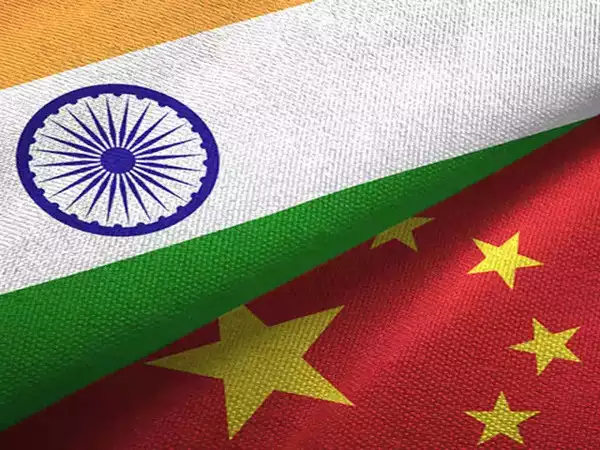“Today, we are focused on what is good for India. This is in contrast to an earlier left-wing liberal belief that there is a bigger cause out there, which causes our national interest to take second place. We are nationalistic,” said External Affairs Minister S Jaishankar about what has changed in India’s foreign policy in the last 10 years.
The External Affairs Minister was speaking at the ET Roundtable on significant alterations in foreign policy under the Modi administration and addressing the China challenge. “We are also not vote-bank driven,” he added.
Speaking about India’s foreign policy outlook, the external affairs minister said that it is wrong to assume that governments change but foreign policies don’t.
“It will change because a different party with a different ‘vichardhara’, under a different set of assumptions and priorities, has come to power. Take, for example, the historical Left wing’s reservations about dealing with the United States. I think that changed very sharply after 2014,” he added.
Jaishankar also shed light on the increased focus on the connection between the economic requirements of the country and foreign policy. “When we look at our partners, we think how that relationship can help drive economic growth,” he said.
Outlook towards China
Jaishankar also diced the ‘philosophical’ viewpoint of the previous governments about ties with China.
“There was a belief that on a whole lot of issues we can make common cause. My friend Jairam Ramesh took it to a philosophical degree with Chindia, which is an updated form of Panchsheel. The idea is the same, which is that fundamentally we have convergence with China. Previous Indian governments have even put Chinese interests ahead of our own,” he said. “Today, the answer is no, we will not let them dictate the play. There will be costs and consequences.”
Speaking about PM Modi’s recent remarks on China and if there will be a nuanced shift post elections allowing for more investments, Jaishankar said that the PM said the relations are abnormal, and, there can only be normalcy if there’s peace and tranquillity at the borders.
He also shed light on China’s manufacturing practices, which put the rest of the world at a disadvantage and said India is entirely within its rights to protect the interests of its manufacturers, particularly SMEs, labour and working classes.
“I can tell you how strong that sense of resentment is today about the dumping of goods from China. We will do what it takes,” he said.
“Every country today has the right to manage sensitive sectors in consonance with national security. I cannot, in the name of an open economy, open up my national security to work with a country which is laying claim to my territory. Both our economic and national security are at stake,” the minister added.
On Apple sourcing raw material from China, he said that the government is not impractical and wants to see global companies come to India. “If global companies have prior vendors and supply chains, we are not impervious… we only said we would examine, scrutinise, and try to understand who is coming here for what.”
Stand on Israel-Gaza
The foreign minister highlighted that Israel is a natural partner for India. “But we were afraid to be seen in public. It took us till 1992 to establish an embassy and 2017 for an Indian Prime Minister to go there. So, to me, those are one set of examples,” he said.
The Union minister also cleared the air about India’s official position on Israeli actions in Gaza following the Hamas attack on the country on October 7, and the two-state solution.
“The October 7 attack, is it terrorism or not? Congress has a problem saying it is terrorism. They choke when it comes to that… If somebody has been a victim of terrorism, do they have a right to respond?” he asked.
However, he also highlighted the need to be careful about civilian casualties while undertaking action. “I would say this even to our own forces, if we are ever in that situation, which I know hopefully, we will not.”
Jaishankar said that India supports the two-state solution not for vote bank considerations, but because that is the sensible thing to do for stability in that vital part of the world.
Nehru’s foreign policy
The foreign minister also said that his ‘vichardhara’ on Nehru’s foreign policy approach has not changed from his time as an IFS officer.
“The foreign policy in which Nehru had a predominant role for the first 18 years of our existence, and assumptions that his successors carried forward, had some significant shortcomings, flaws and errors of judgement,” Jaishankar said. “I don’t think I needed to join BJP or retire to have these views. It was the Indian Foreign Service, not Nehru’s foreign service. Let’s be very clear on that.”
According to the minister, there was a fundamental misreading of how to handle China in the 1950s, the whole Panchsheel era. “It stared the nation in the face in 1962. Please read Nehru’s letter to Kennedy after Bomdi La fell and tell me how you feel about that. How could our country have been brought down to such a situation where you’re begging somebody?” he said.
The foreign minister also drew attention to a different world that we are heading and thinks it’s vital to have a safe, experienced, courageous set of hands on the tiller.

